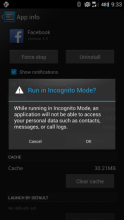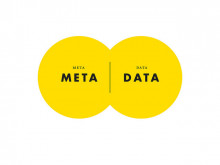How CyanogenMod's founder is giving Android users their privacy back
What if you could privately use an application and manage its permissions to keep ill intending apps from accessing your data? That’s exactly what Steve Kondik at CyanogenMod—the aftermarket, community-based firmware for Android devices—hopes to bring to the operating system.
It’s called Incognito Mode, and it’s designed to help keep your personal data under control. Kondik, a lead developer with the CyanogenMod team, published a post on his Google Plus profile last week about Incognito Mode.













































































